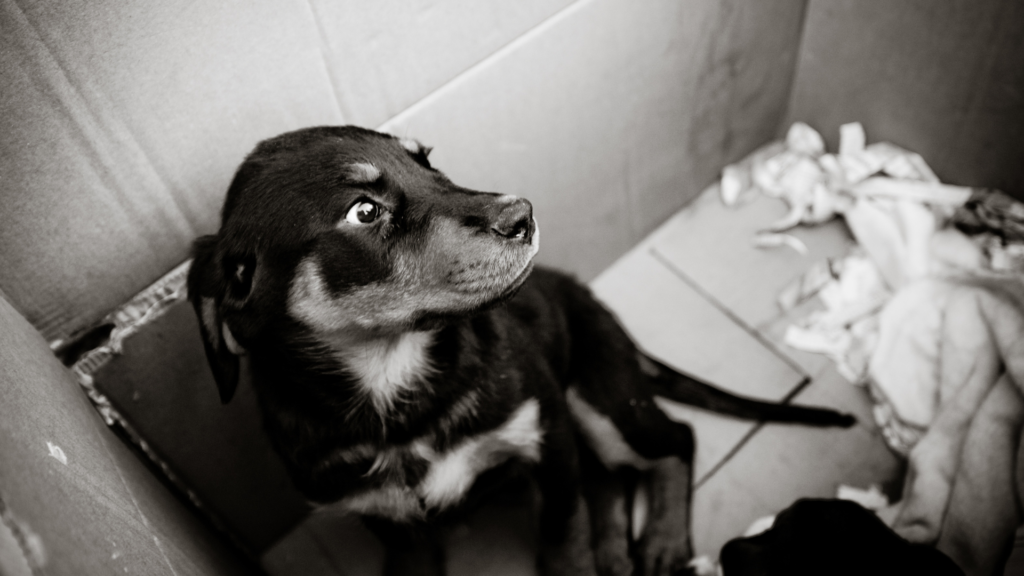While the EU is considering a new proposal for a regulation on the welfare of companion animals and their traceability, Facebook and Instagram have become hotspots for unethical puppy sales across Europe, according to an investigation by animal welfare organisation FOUR PAWS.
Between September 2023 and June 2024, FOUR PAWS looked into the sale of puppies on social media platforms Facebook and Instagram, both owned by Meta. Investigators analysed hundreds of puppy advertisements in groups and profile pages that violated Meta’s terms and policies.
Despite reporting a sample of suspicious advertisements to Meta, hardly any action was taken to remove most of the offending content. The report highlights how Meta is failing to enforce its own terms and policies.
The investigation revealed widespread illicit trade of puppies by unverifiable breeders across Meta’s platforms and in multiple European countries, including EU Member States (Austria, Bulgaria, France, Germany, the Netherlands). Investigators uncovered a thriving trade of puppies being advertised across the two platforms with many users offering underage puppies for sale.
Puppies are not spared from "trends" and many are bred for deformities desired the buyers – for example prominent skin folds for "big rope" bulldogs. Other breeds are mutilated to achieve a particular appearance like cropped ears. The investigation came across French Facebook groups in which American Bully puppies had cropped ears – a practice which is prohibited in France.
New laws but lack of enforcement
In June 2024, the combined audience of the surveyed Facebook groups exceeded 600,000 members, including sellers and potential buyers. However, the trade of animals by private persons is a clear violation of Meta’s own policies.
“The cruel puppy trade is thriving on Facebook and Instagram,” says Nick Weston, Head of Companion Animal Campaigns at FOUR PAWS. “Meta may have taken steps towards banning the sale of dogs on its platforms, but its insufficient enforcement is leaving the door wide open for the illegal trade and cruel breeding practices.”
On 30 April, the European Commission opened formal proceedings against Meta for a suspected breach of Meta’s obligations under the Digital Services Act (DSA). Is the online trade of puppies addressed in the investigation?
“The DSA does not define what is illegal content, but considers illegal content anything that is illegal by EU or national laws,” Johanna Bernsel, a Commission spokesperson, told The Brussels Times. “Under the DSA, online platforms have an obligation to tackle the dissemination of illegal content and products through their services.”
More specifically, they are obliged to set up notice and action mechanisms, allowing users to report illegal content and products quickly and simply. They are also obliged to have mandatory procedures in place for removing illegal goods. Online marketplaces are also required to trace their traders (“know your business customer”).
Related News
- Apple, Google, Meta: New EU rules on internet 'gatekeepers' take effect today
- Dogs and cats in the EU will be better protected in Council proposal
- Another dog breeder shut down: 'Animals so sick they had to be euthanised'
The Commission is looking into, among other things, Meta’s functioning of the notice and action mechanism, on suspicion that the means that allow users to flag illegal content are not easy to access or user-friendly, as per the obligations under the Digital Services Act. The proceedings remain open.
As previously reported, the Belgian EU presidency finalised in June a Council negotiating mandate for a proposal for a regulation on the welfare of dogs and cats and their traceability that addressed previous loopholes. The I&R rules will apply to all dogs and cats in breeding establishments but also to any pet placed on the market by any person.
In the meantime, FOUR PAWS urges Meta to take immediate action and put a complete stop to puppy trading on Facebook and Instagram until a solution for full seller and pet traceability is in place.
M. Apelblat
The Brussels Times

